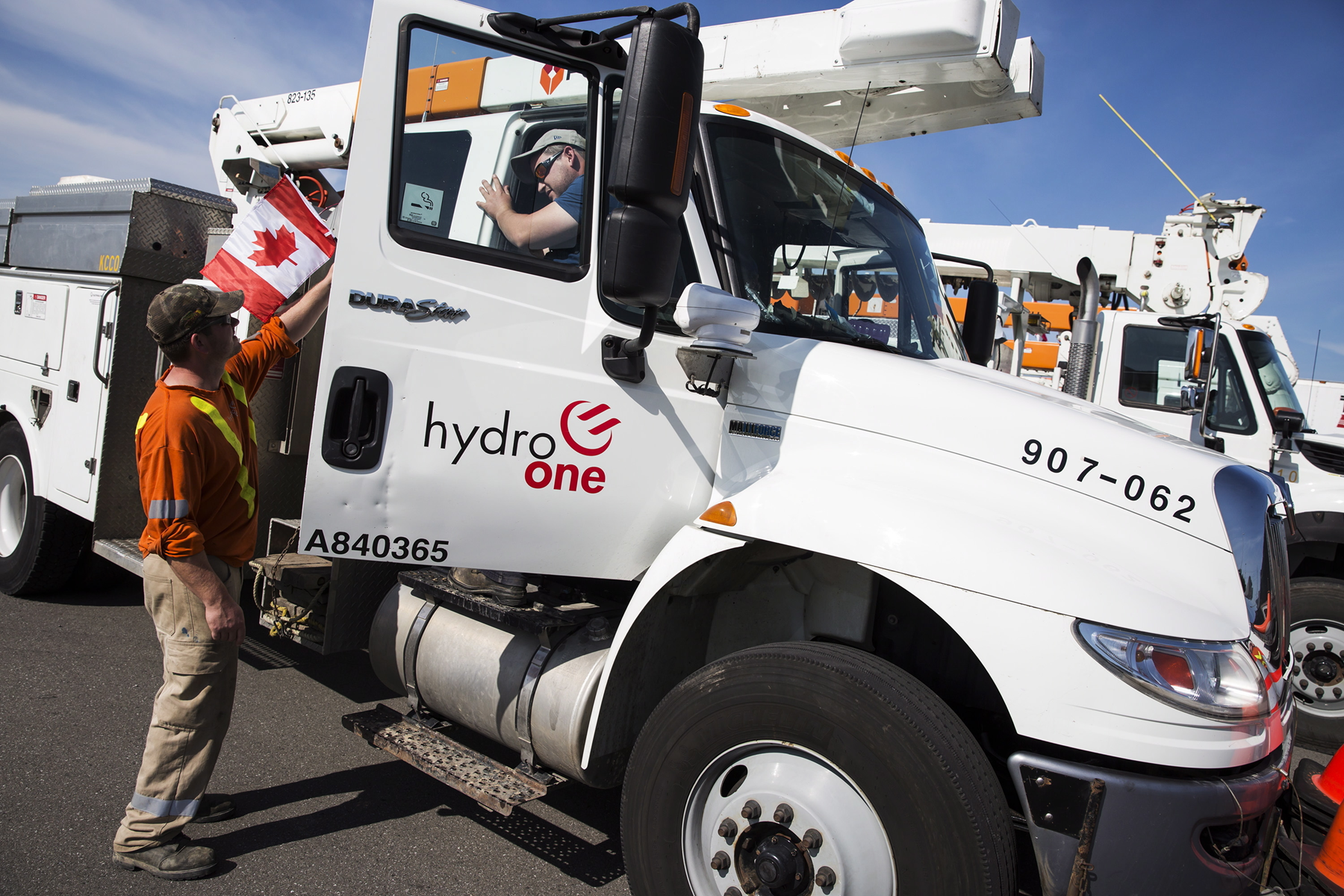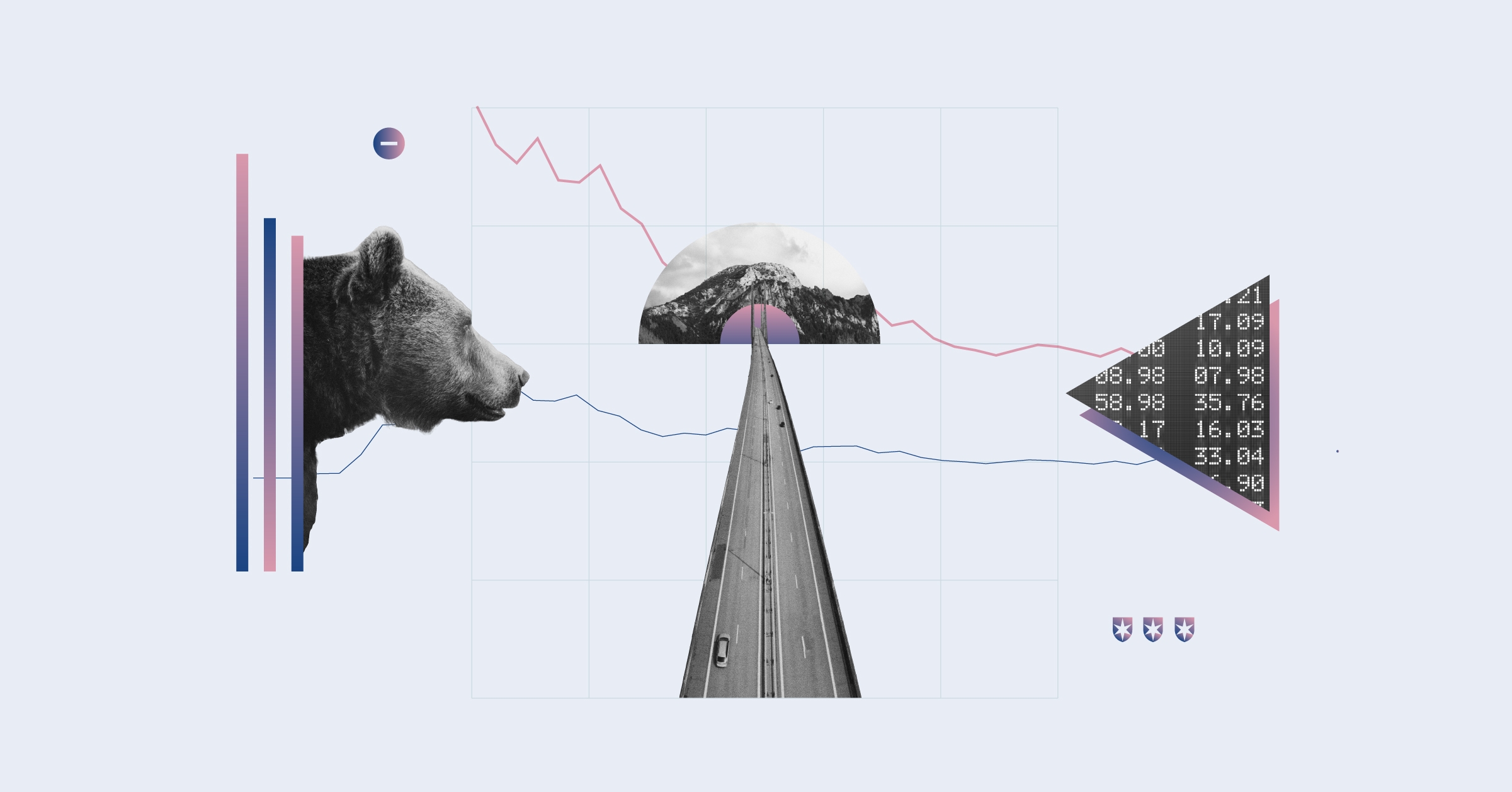
Just as the post-pandemic U.S. economic recovery appeared to take hold, concerns about mounting inflation started to intensify. Coupled with the growing anxiety over the spread of the Delta coronavirus variant and the recent spike in jobless claims, these factors have been dragging equity markets lower.
Unable to find refuge in government bonds, investors are facing slim pickings for their investment options. With risk aversion rising, many are looking for rare opportunities where stock prices are experiencing a disconnect between their current price relative to their business fundamentals and intrinsic value.
The following wide-moat names boast sound business prospects and robust competitive advantages while trading at a sizeable discount to their fair value. These stocks represent an attractive buying opportunity for value seekers who wouldn’t give up quality for discounts.
Dominion Energy Inc |
||
|
Ticker |
||
|
Current yield: |
3.37% |
|
|
Forward P/E: |
19.38 |
|
|
Price |
US$74.72 |
|
|
Fair value: |
US$81 |
|
|
Value |
8% discount |
|
|
Moat |
Wide |
|
|
Moat Trend |
Stable |
|
|
Star rating |
**** |
|
|
Data as of July 22, 2021 |
||
Integrated energy company Dominion Energy (D) generates approximately 30 gigawatts of electricity. The Richmond, Virginia-based company also has a liquefied natural gas export facility and is starting what would be one of the largest wind farms in the U.S.
The energy company has been enacting a tactical pivot, focusing on “the development of projects with conservative strategies, exited the exploration and production business, sold or retired no-moat merchant energy plants, and made plans for significant investments in moaty utility infrastructure,” says a Morningstar equity report.
Dominion has also accelerated its capital expenditures and now expects growth investments supporting net-zero carbon emissions to be roughly US$72 billion over the next 15 years. “This should support 6.5% annual earnings per share growth following the earnings decline in 2020,” the report says.
Dominion’s streak of 17 consecutive years of dividend increases was only broken in the fourth quarter of 2020 when it implemented a 33% cut. However, a dividend increase of 0.8% was declared for the 2021 first quarter.
The firm’s wide moat stems primarily from the constructive regulatory environment in which it operates. “Over 85% of earnings come from regulated gas and electric utilities with some of the most constructive regulation and attractive growth potential in the country,” says Morningstar equity analyst Charles Fishman, who puts the stock’s fair value at US$81.
Kellogg Co |
||
|
Ticker |
||
|
Current yield: |
3.66% |
|
|
Forward P/E: |
15.80 |
|
|
Price |
US$62.60 |
|
|
Fair value: |
US$83 |
|
|
Value |
24% discount |
|
|
Moat |
Wide |
|
|
Moat Trend |
Negative |
|
|
Star rating |
**** |
|
|
Data as of July 22, 2021 |
||
Leading global manufacturer of cereal, cookies, crackers and other packaged foods, Kellogg (K) sells its products across 180 countries. It owns popular brands such as Special K, Frosted Flakes, Froot Loops, Rice Krispies, Pringles, Pop-Tarts, Eggo, Kashi, and Morningstar Farms. International sales account for around 40% of Kellogg's consolidated sales.
The firm is a valued partner for retailers thanks to its leadership position in the U.S. It holds more than one-third share of the domestic ready-to-eat cereal market. Kellogg has also “bolstered its position in the on-trend snacking category, which now accounts for around half of its total sales, up from just one-fourth at the start of the century,” says a Morningstar equity report.
While Kellogg benefited from pandemic-led stockpiling, its multi-year efforts are also beginning to manifest in improved category performance around the world. Kellogg’s snacks (46% of sales), cereal (nearly 40%), and frozen (15%) clocked mid-single-digit organic top-line growth in the March-ending quarter of 2021.
“This showcases the multiple vectors Kellogg maintains to support its growth even as concerns surrounding the pandemic fade,” says Morningstar sector director, Erin Lash, who pegs the stock’s fair value at US$83.
Kellogg’s wide moat, stemming from intangible assets and cost edge, reflects the firm’s ability to generate returns above its cost of capital, even under a more bearish set of assumptions, over the next two decades, asserts Lash.
Compass Minerals International Inc |
||
|
Ticker |
||
|
Current yield: |
4.17% |
|
|
Forward P/E: |
- |
|
|
Price |
US$67.50 |
|
|
Fair value: |
US$88 |
|
|
Value |
22% discount |
|
|
Moat |
Wide |
|
|
Moat Trend |
Stable |
|
|
Star rating |
**** |
|
|
Data as of July 22, 2021 |
||
Compass Minerals (CMP) produces two main products: salt and specialty fertilizers. The company owns rock salt mines in Ontario, Louisiana, and the U.K., and salt brine operations in Utah. Compass' salt products are used for deicing and also by industrial and consumer end markets. The firm also sells sulphate of potash used for high-value crops.
The company has an enviable portfolio of cost-advantaged assets. They include the Goderich rock salt mine in Ontario whose proximity to a deep-water port means it can deliver deicing salt to customers at a lower cost than competitors. Further, the company controls one of only three naturally occurring brine sources that produces sulphate of potash (SOP), a specialty fertilizer priced at a premium to standard potash.
Compass’ operations at the Great Salt Lake in Utah “can produce SOP at a significantly lower cost than producers that use a chemical process,” says a Morningstar equity report.
The company also stands to benefit from the growing demand for lithium, which it plans to produce as a byproduct from the brine after extracting SOP. “We forecast lithium demand to grow over six times during this decade due to higher electric vehicle adoption, which should make Compass' investment value-accretive,” contends Morningstar equity analyst, Seth Goldstein, who recently raised the stock’s fair value from US$78 to US$88. Compass possesses a wide economic moat built on its unique assets with geological advantages that are nearly impossible to replicate by other producers.
Zimmer Biomet Holdings Inc |
||
|
Ticker |
||
|
Current yield: |
0.60% |
|
|
Forward P/E: |
20.37 |
|
|
Price |
US$158.19 |
|
|
Fair value: |
US$192 |
|
|
Value |
17% discount |
|
|
Moat |
Wide |
|
|
Moat Trend |
Stable |
|
|
Star rating |
**** |
|
|
Data as of July 22, 2021 |
||
Zimmer Biomet (ZBH) designs, makes and sells orthopedic reconstructive implants, and surgical equipment for orthopedic surgery. The firm holds the leading share of the reconstructive market in the U.S., Europe, and Japan. Sales of large joints account for nearly 60% of total revenue; another 22% is derived from extremities and trauma; while the rest comes from spine and dental products.
“With the addition of smaller competitor Biomet, Zimmer is the undisputed king of large joint reconstruction, by far,” says a Morningstar equity report.
The company benefits from favourable demographics, including ageing baby boomers and rising obesity, that could fuel solid demand for large-joint replacement and help offset price declines.
Under the new management, Zimmer has shaken off past issues of supply and inventory challenges, and quality concerns that attracted the U.S. Food and Drug Administration's attention. Now, “the firm is poised to ramp up its growth,” the report adds.
Zimmer’s two-pronged strategy focuses on cultivating close relationships with orthopedic surgeons, who make the brand choice and a focus on accelerating growth through product innovation and improved execution.
“High switching costs and high-touch service keep the surgeons closely tied to their primary vendor,” says Morningstar equity analyst, Debbie Wang, adding that “as long as Zimmer can launch comparable technology within a few years of its rivals, it can remain in a strong competitive position.” Wang recently raised the stock’s fair value from US$164 to US$192, prompted by a robust resumption of large joint replacement procedures through 2021 and 2022.
Success in the Low-Carbon Economy
Learn about the companies best positioned to survive and thrive






















